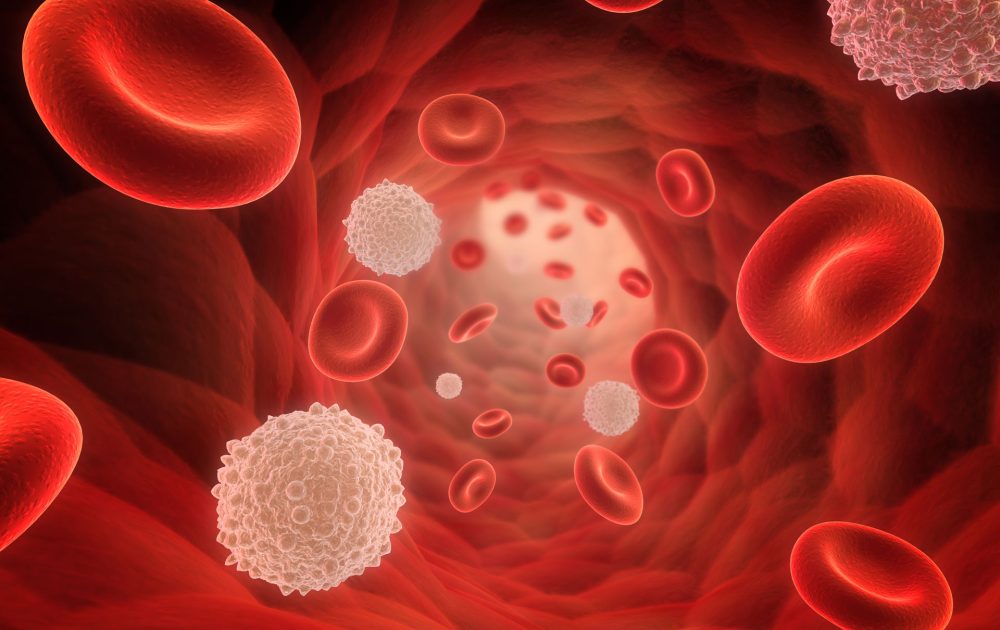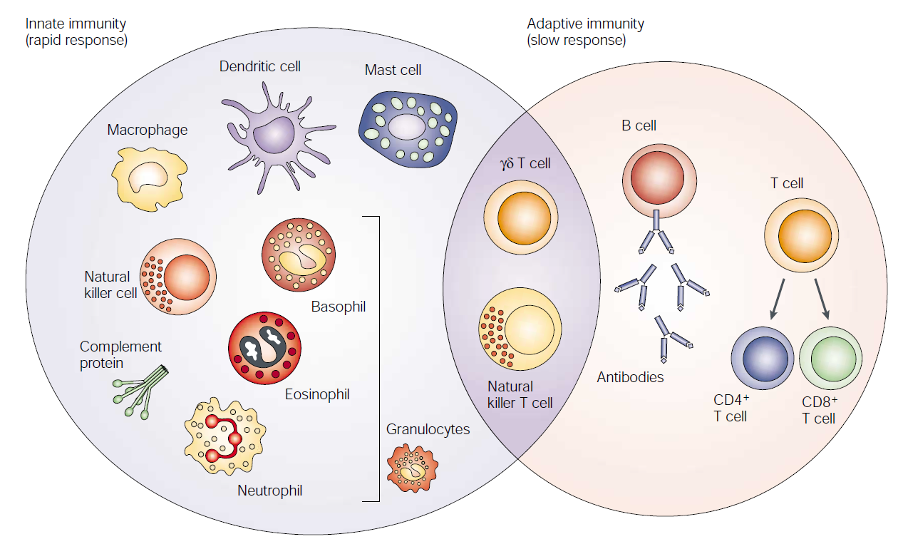Our test tells you which everyday chemicals you've recently come into contact with, and easy steps you can follow to reduce your exposure to them.
How does the immune system work?

During the past year, the coronavirus pandemic has demonstrated not only how important our immune system is in fighting infection, but also the need to understand our own immune health and the factors that may be affecting it.
What is the immune system?
The immune system is the vital network of cells, organs and proteins that work together to protect you from internal and external factors that could have an adverse impact on your health: disease-causing pathogens (e.g. viruses, bacteria and fungi), harmful substances from the environment (e.g. toxins) and changes in the body’s cells (e.g. cancer).
If the immune system is working properly, it can recognise foreign pathogens or cells by detecting and binding to molecules on their surface called antigens, and then activate specific processes to destroy the foreign cell. This may happen without you knowing it, meaning you don’t become ill.
Sometimes, you may get ill because it is the first time you have been exposed to a particular pathogen and the body has to learn how to fight it. Or, if your immune system is compromised in some way, it may not be able to respond properly or at all, which can have serious consequences for your health and ability to recover depending on the severity of the infection or change to your cells.
How does the immune system work?
The immune system is made up of two parts that work closely together – the innate and adaptive (or acquired) systems.
The innate immune system is a generic response that makes up the body’s first line of defence, while the adaptive immune system takes longer but enables a ‘memory’ to be created of the specific antigens it has encountered before.
This ability to remember previous antigens is central to how vaccines work, helping the body to build up a way of identifying certain pathogens before an actual infection takes place.
| Innate immune system | Adaptive immune system | |
| Origin | Present from birth | Develops over time based on individual exposure to pathogens |
| Timing | Rapid response | Slower response |
| Response type | Non-specific; antigen-independent | Specific; antigen-dependent |
| Memory | None | Leads to long-term immune memory by producing antibodies that enable a more rapid response during future exposure |
The innate immune system includes neutrophils and eosinophils. The adaptive immune response is driven by T cells and B cells (or lymphocytes) that are together known as white blood cells. Measuring a person’s white blood cell count – particularly the levels of T cells – can give an indication of whether the immune system is functioning normally.

The cells involved in the two types of immunity are shown below.
Dranoff G. Nat Rev Cancer. 2004.
Where are immune cells made in the body?
Immune cells are made in and/or stored in different organs throughout the body, known as the lymphoid organs. Lymphocytes (T cells and B cells) are made in primary lymphoid organs, such as the bone marrow and thymus. Secondary lymphoid organs, including the lymph nodes, spleen and tonsils, are the sites where immune cells are active in fighting pathogens and foreign cells.
What affects our immune health?
Many things affect how well our immune system works, with some easier to control than others.
- Vitamins – particularly vitamin D, which supports the activity of T cells.
- Sleep patterns – sleep deprivation can have a negative effect on our ability to fight infection by disrupting the pathways needed to mount an effective immune response.
- Genetics – the makeup of the immune system is heavily influenced by a person’s genetics, with adaptive immune function more affected by genetics than the innate immunity. In addition, certain population groups may have a predisposition to certain types of infection or variations in immune function.
- Lifestyle – our exposure to environmental factors, such as poor air quality, chemicals, stress and poor diet may have a detrimental effect on our ability to fight infection through a weakening of our immune response, particularly via the innate immune system.
References
- Dranoff G. Nat Rev Cancer. 2004;4:11–22.
- Mangino M, et al. Nature Communications. 2017;8:13850.
- How does the immune system work? Available from: https://www.ncbi.nlm.nih.gov/books/NBK279364/ (April 2020).
- What are the organs of the immune system? Available from: https://www.ncbi.nlm.nih.gov/books/NBK279395/ (July 2020).